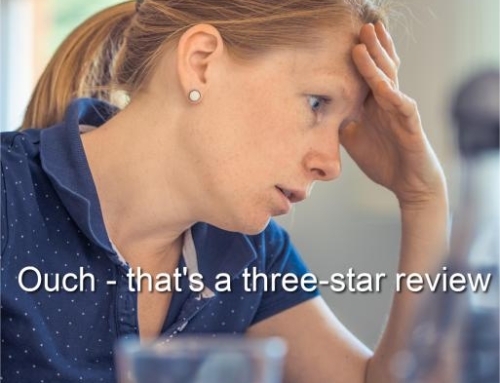Been working from home? Fed up and want to get back into the office? But perhaps still too worried about the Coronavirus flaring up again? For knowledge workers, it’s – sorry – “the new normal” (TM).
As everyone tries to put the Coronavirus behind them and pick up the threads of their lives (how can it be mid-June already, it feels like the 97th of March…), I talked to executive coach Betina Mazzarino about the impact of the lockdown on people and the implications of extending WFH policies for a longer-term.
You could take the view that the world is in meltdown, so anyone who still has a job should count their blessings. Yes, absolutely. These may well be first world problems, but nevertheless, they are still impacting tens of thousands of people.
And for this audience, is indefinite home working what we really want? Or should we be careful what we wish for? According to Betina, there’s a shift in how people are perceiving WFH. In the pre-Covid days, a laptop, a VPN, and the chance to work from home was a sign of freedom – but has quickly morphed into quite the opposite.
There is a deeper issue than the lack of stimulation from home working, says Betina, which this lies with the fact that you lose autonomy when you no longer have any freedom of choice – because you’re working from home, period. Simply taking away the option of working from an office changes the paradigm.
The main issue is the lack of choice, she says. Any employer now saying they plan to “allow” employees to work from home indefinitely therefore also runs the risk of having the opposite effect – because something intended as a benefit may end up being perceived as a threat.
And there’s a twist. On one hand, we all yearn to get “back to normal” but also, we live in fear of doing so. Betina observes leading to paranoia: Deep down, we want to get on with our business lives, which involves going to meetings, visiting trade shows, attending conferences. BUT, we’re also doing exactly the opposite, in fear that someone will sneeze.
Betina says: “Businesses must shift their perspective; we cannot go back and embrace uncertainty from the same paradigm as before. Instead, we need to look at opportunities this presents. Forward-thinking employers are already working to integrate and take advantage of the flexibility of these new dualisms. Think about the approach that will help both your workforce and your company to profit from this change and try to look beyond the short-term.”
One positive step that employers can take towards driving employee wellbeing on the road to recovery is to consider diverting spending from office space to employee wellbeing initiatives, says Betina. To that, I’d add giving employees an allowance to buy an external display and keyboard, because hunching over a 13-inch laptop for eight hours a day is the recipe for back pain – leading to employee absenteeism.
So, what’s your view on how knowledge workers can ease their way back to “normal”? Drop us a line with your views.







